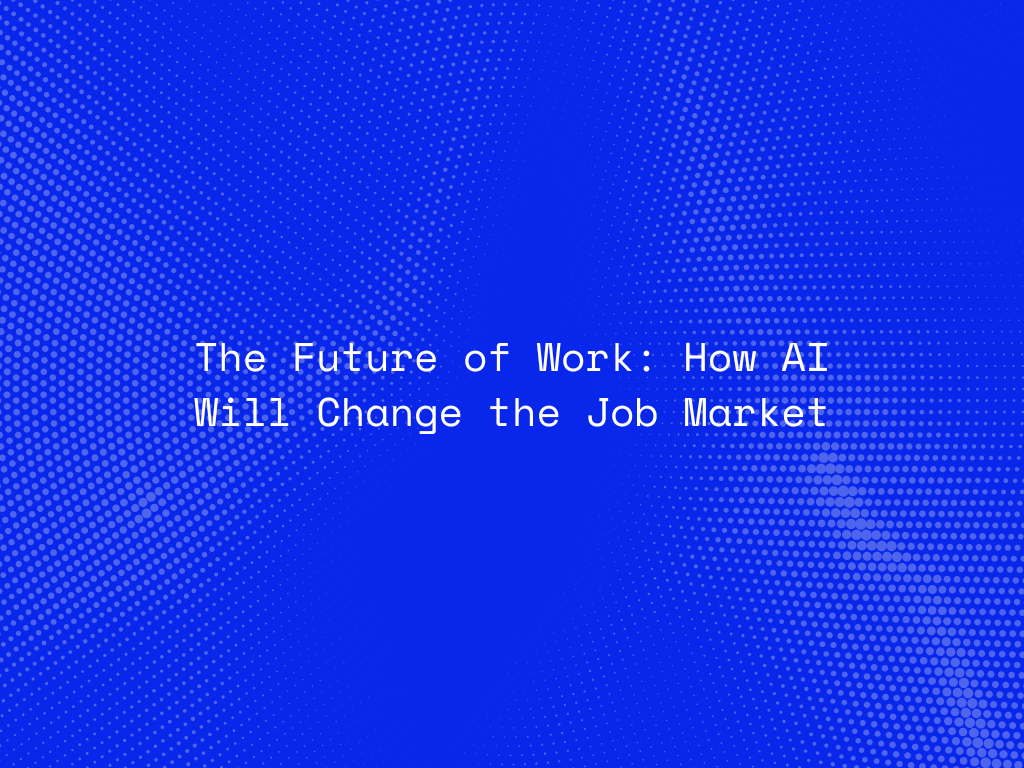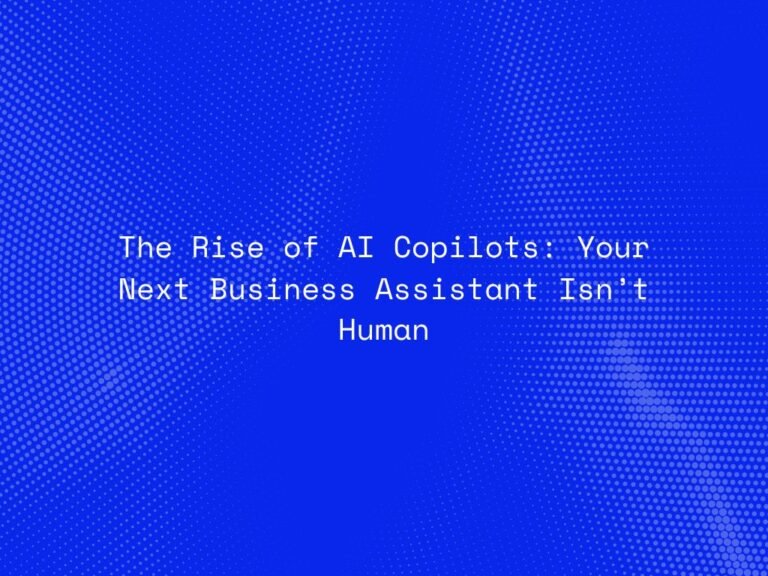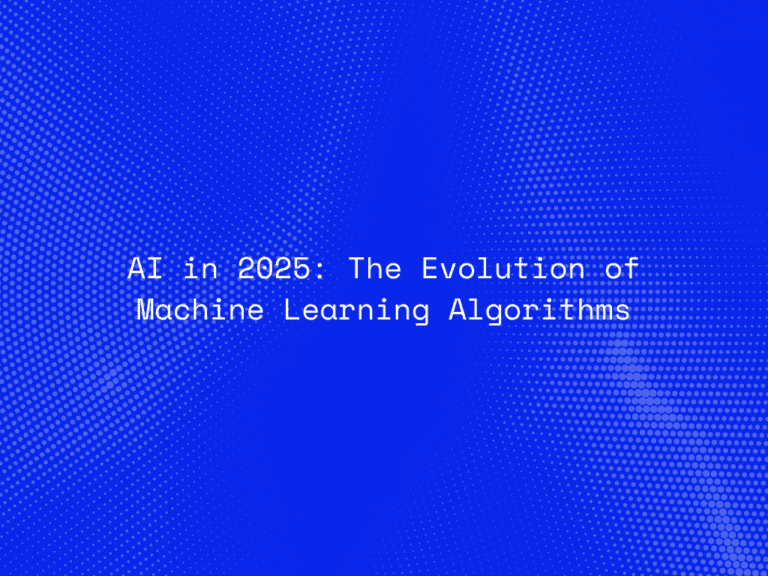Artificial Intelligence (AI) is revolutionizing the workplace, shaping how tasks are performed, and influencing the global job market. While some fear job displacement due to automation, others see AI as a tool for creating new opportunities and enhancing productivity. This dual impact prompts a closer look at how AI is reshaping the future of work.
In this blog, we’ll explore the ways AI is transforming industries, the roles most likely to evolve or emerge, and strategies to thrive in this AI-driven era.
AI and Automation: Transforming the Workplace
AI is automating repetitive and manual tasks, enabling businesses to optimize processes and reduce costs. However, the rise of AI doesn’t signal the end of human roles; instead, it fosters collaboration between humans and machines.
Key Areas of Impact:
- Administrative Tasks: Tools like AI-powered chatbots and virtual assistants are streamlining customer service and administrative operations.
- Manufacturing: Automation of assembly lines and predictive maintenance improves efficiency while reducing downtime.
- Healthcare: AI assists in diagnostics, administrative recordkeeping, and even surgical procedures.
- Retail: Personalization algorithms and inventory management systems are enhancing the shopping experience.
Jobs AI Will Transform
AI’s integration into the workforce is leading to the evolution of existing roles and the emergence of entirely new professions.
Jobs Likely to Evolve:
- Customer Service Representatives: Enhanced by AI chatbots, human agents will handle complex queries requiring emotional intelligence.
- Data Analysts: With AI automating data collection, analysts can focus on deriving actionable insights.
- Healthcare Workers: AI supports diagnostics, but doctors and nurses remain essential for patient care.
New Roles Emerging from AI:
- AI Trainers: Professionals who teach AI systems how to interpret and process human inputs.
- Ethics Consultants: Ensuring responsible and unbiased AI usage across industries.
- AI Maintenance Specialists: Overseeing the maintenance and troubleshooting of AI systems.
Industries Most Affected by AI
1. Technology and IT
- AI is enabling the development of smarter software tools, enhancing cybersecurity, and optimizing IT infrastructure.
2. Finance
- Fraud detection, personalized banking, and automated trading systems are transforming the finance sector.
3. Education
- AI-powered learning platforms provide personalized education plans, making learning accessible and efficient.
4. Logistics and Supply Chain
- Predictive analytics and automated systems optimize inventory and delivery processes.
Challenges of AI in the Job Market
While AI offers immense opportunities, its integration into the workforce poses challenges:
- Job Displacement:
- Automation may replace roles reliant on repetitive tasks.
- Skill Gaps:
- Workers need to upskill to remain relevant in an AI-driven job market.
- Ethical Concerns:
- AI usage can lead to biases, privacy issues, and ethical dilemmas.

How to Thrive in the AI-Driven Future
To succeed in the evolving job market, adaptability and continuous learning are key.
1. Upskilling and Reskilling
- Focus on acquiring skills in AI, data science, and digital literacy.
2. Embrace Lifelong Learning
- Stay updated on emerging technologies and industry trends.
3. Develop Soft Skills
- Creativity, problem-solving, and emotional intelligence will remain in high demand.
4. Collaborate with AI
- Learn to use AI tools as collaborators rather than competitors.
The Role of Governments and Organizations
Governments and businesses must work together to address the impact of AI on the job market.
- Policy Development:
- Implement policies to support displaced workers and promote upskilling initiatives.
- Incentivizing Innovation:
- Encourage organizations to invest in AI while prioritizing ethical practices.
- Educational Reform:
- Incorporate AI-related subjects into school curriculums to prepare future generations.
The Future is Bright: Opportunities in an AI-Powered World
AI may disrupt traditional job roles, but it also creates opportunities for innovation and growth. By embracing AI and adapting to change, individuals and organizations can position themselves for success in the future of work.
Conclusion
AI is redefining the job market, presenting both challenges and opportunities. The key to navigating this transformation lies in adaptability, continuous learning, and collaboration between humans and AI. As we move forward, a proactive approach will ensure that AI becomes a tool for empowerment rather than displacement.




